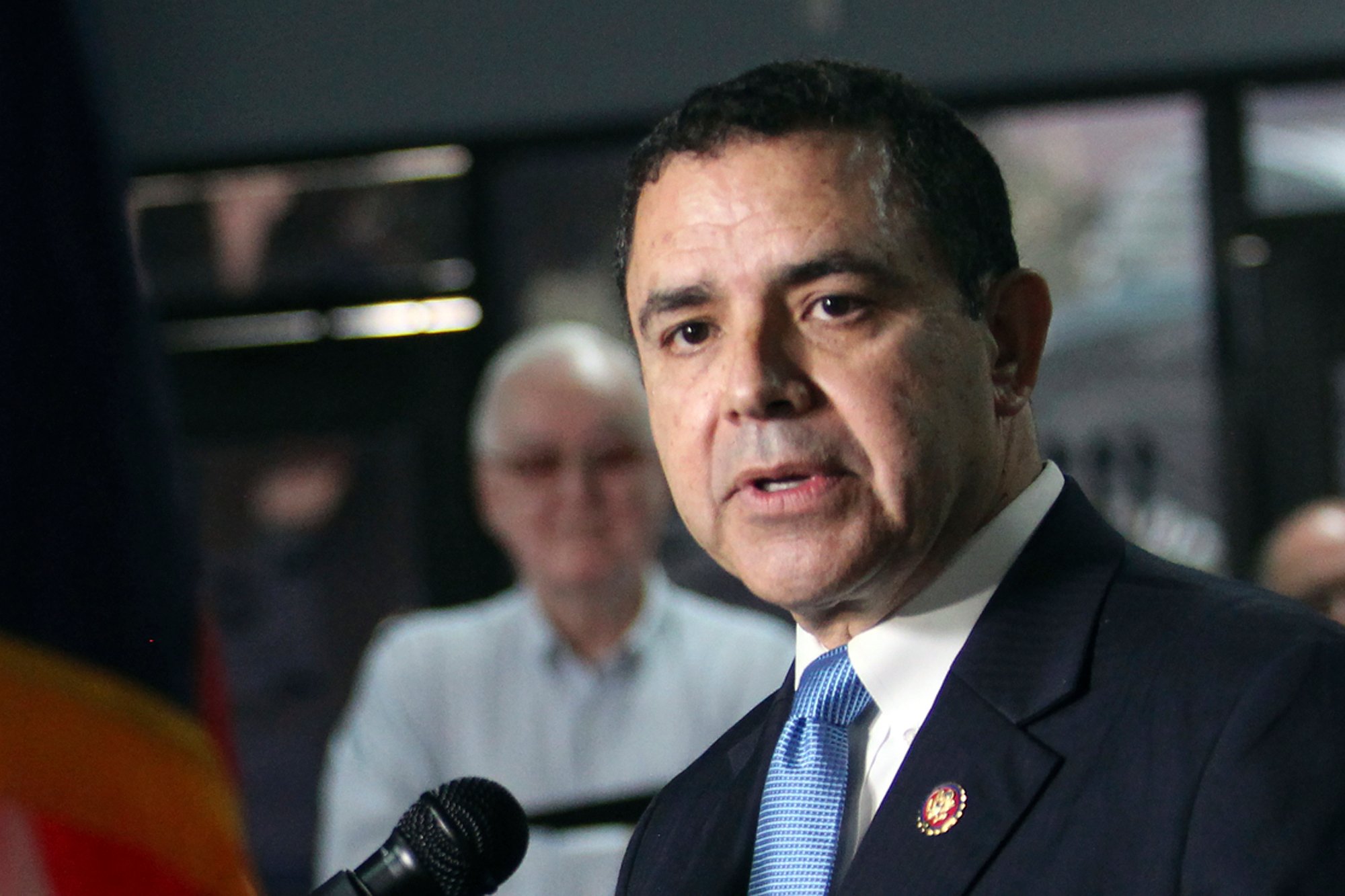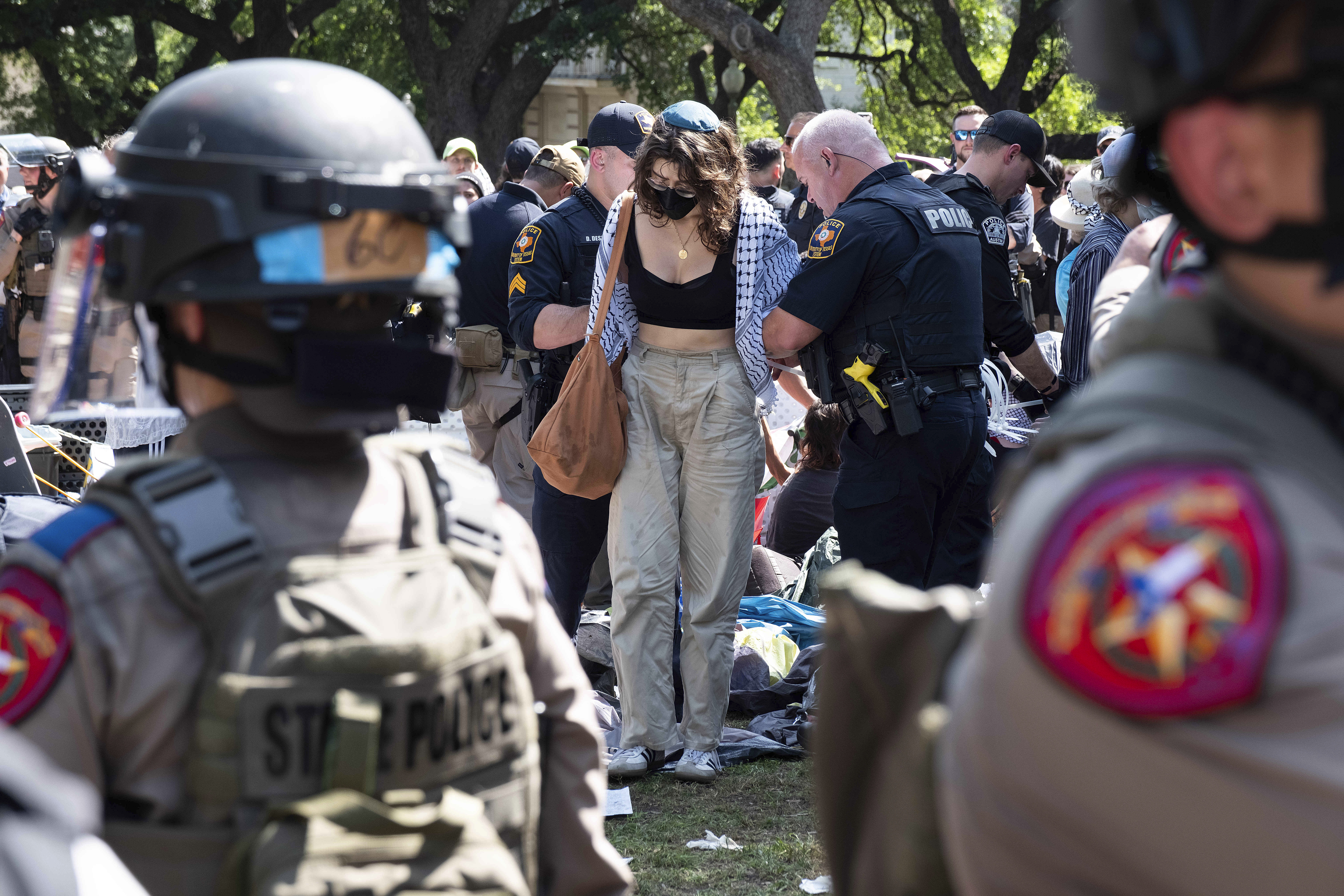ustxtxb_obs_1964_12_25_50_00010-00000_000.pdf
Page 2
Political Intelligence dated. That is why I agree that there might be a serious question as to its topicality. It goes beyond the external shape of current developments in the civil rights movement and deals with the eternal verities of human relationships. Delicate human relationships affected by or stemming from the civil rights movement have hardly been explored in creative literature. That is why I say my piece is anticipatory. It is new as tomorrow’s topical novel. Coalition Reports v There are reports circulating of post election differences within the Democratic Coalition, the Texas alliance of Negroes, Latin-Americans, union labor, and independent liberalsbetween Negroes and the rest of the Coalition and also within Texas labor over the coalition. They can be salted lightly before swallowing but have some substance. W. J. Durham, president of the Texas Council of Voters, the Negro “leg” of the Coalition, raised a question in a letter to his executive committee whether the council should “remain a part” of the coalition or should join with Latin-Americans in a coalition of the two minorities only. The director of projects for the coalition in Fort Worth snapped back that this should not even be discussed as a possibility. Basically Negroes are just as impressed as everyone else who understands Texas politics with their political power, and they want no back seats. Durham also has in mind getting federal appointments for Negroes. In Dallas a new Negro political group, the Dallas County Council of Organizations for Political Action, has formed, with leadership including militant Negroes such as Durham and Mrs. Julia Scott and proConnally Negroes such as the Rev. H. Rhett James. Durham says more than 300,000 Negroes voted this year in Texas, almost all of them for Johnson and Yarborough. On this point, final figures prepared by Martin Wigington of the coalition’s staff conclude that Texas this year had 725,000 potential Negro voters, 850,000, LatinAmericans; of these, 350,000 Negroes and 325,000 Latin-Americans registered and then of these, 243,726 Negroes and 208,000 Latin-Americans actually voted for Johnson \(slightly fewer in each case for Yarcombined Negro-Mexican American votes for Johnson totaled 451,726; for Yarborough, 443,395. \(On the subject of voter registration and turnout in the coalition’s “block-worked” precincts, registration in the minority precincts increased substantially in major counties except Galveston and Jefferson ; 10 The Texas Observer Editor: I see your faith in yourself remains unshaken. Bode: Yes. And sleep helps. It restores your sense of values. Editor: Perhaps you ought to sleep more. Bode: No, I have yet, verily, been asleep for most 40 years. It is time I awakened, to sleep only occasionally, but soundly, and with the composure of the righteous and industrious. Editor: Then here is some coffee. turnout in these precincts as a percentage of registration was also up in the major counties except Bexar. The drive to get out minority voters in Dallas and Houston The rumors of trouble in labor have to do with continuing criticism of Texas AFLCIO President Hank Brown and SecretaryTreasurer Roy Evans for their support of the coalition. This criticism emanates mostly from steelworkers and the Fort Worth autoworkers led by H. A. Moon. It is consonant with these union sources’ identification with Gov. Connally, but is not necessarily limited in significance to that identification. Reports of plans for steelworkers and autoworkers to take withdrawal steps against the state labor organization have been published in Dallas and denied, in a general but not explicit way, by Moon. This controversy is not new; Brown and Evans won major points in dispute at the last state labor convention in Brownsville hands down. In the election aftermath, the San Antonio Light noted that South Texas gave Yarborough 47% of his statewide lead in counties that polled only 38% of the total statewide vote. The oddity is noted that in Nolan, Yarborough ran better than Johnson. Yarborough named his San Antonio booster, ex-Cmsr. Sam Bennett Sr., his “liaison representative” there. The official canvass of the November election shows thatnot Connally, as many election reports prematurely said, butAtty. Gen. Waggoner Carr was the leading votegetter with 1,901,438. Then came Connally at 1,887,137. gO’ Sen. Yarborough’s election debt is $40, 000 or so. A few fund-raising dinners were held for him this week. According to financial reports filed with the Secretary of State in Washington, Yarborough received $92,849 in contributions and spent $106,679. George Bush, his opponent, listed $21,494 in contributions and $14,833 in expenditures. Nobody seriously contends that the federal law requires full reporting. goo There are more signs of a resumption of political hostilities between Texas labor and Connally, particularly in Roy Evans’ sharp criticism of the governor’s anti-poverty coordinator for Texas, Terrell Blodgett, as “a hatchetman for manage ment of the city” who “has generally followed the Republican view.” \(The Observer will be presenting a special issue on welfare and poverty in Texas during which this will be considered, among many other LBJ and Connally The President is proceeding cautiously in his post-election Texas political relationships. His general tendency has been to continue to work with the tory Democrats. During the Mount Pleasant dinner for Marvin Watson, for instance, he told Connally that “I have always felt you are about as wonderful a person as I ever knew” and that Connally was the only man who ever made him _crywhen Connally left for aircraft carrier service during the war. However, Johnson announced that Watson was not joining his White House staff shortly after inquiries had been made discreetly from Washington to find out how Texas liberals felt about Watson. Connally’s state Democratic chairman was for many years the principal aide to E. B. Germany, president of Lone Star Steel who has campaigned for such candidates as Allan Shivers and George Bush. Some Texas liberals were preparing to draw some conclusions if Watson was taken into the White House, as the President probably learned. Watson has been at the White House since then, but just, he said, to find out about tickets to the inaugural for Texans, and such. As state Democratic chairman, he has much such business to see about. One shrewd sounding appraisal of the President’s quickie trip to Mount Pleasant for the dinner honoring Watson says that Johnson was pressed to make the trip by Connally, but not wanting the national reporters to draw conclusions about his going, left them behind. Connally has appointed a special “task force” to study how to finance projects to get new industries into Texas and has made Germany its chairman. Germany is already Connally’s chairman of the Texas Industrial Commission. The governor’s inaugural has been put off, of course, until Jan. 26 to avoid a conflict with the President’s. There will be a “Victory Dinner”tickets $25the night before. . . Mrs. Hilda Weinert, former Democratic national committeewoman from Texas, will be honored Jan. 29. . . . Dallas County Democratic chairman Bill Clark, a moderate, was reported in line for a federal appointment, now says he knows of no basis for the report. . . . Dallas Cong. Earle Cabell’s post-election analysis: “It was a victory of moderation over immoderation.” Who’s Running Next? Connally “may be forced to run again” for governor unless the legislature enacts most of his program, the San Antonio Express says. But Margaret Mayer, whose sources among tory Democrats are excellent, says Connally and ex-Gov. Shivers have “pointed” ex-Cong. Joe Kilgore toward the governor’s race in 1966. It could all get pretty wild. The little


